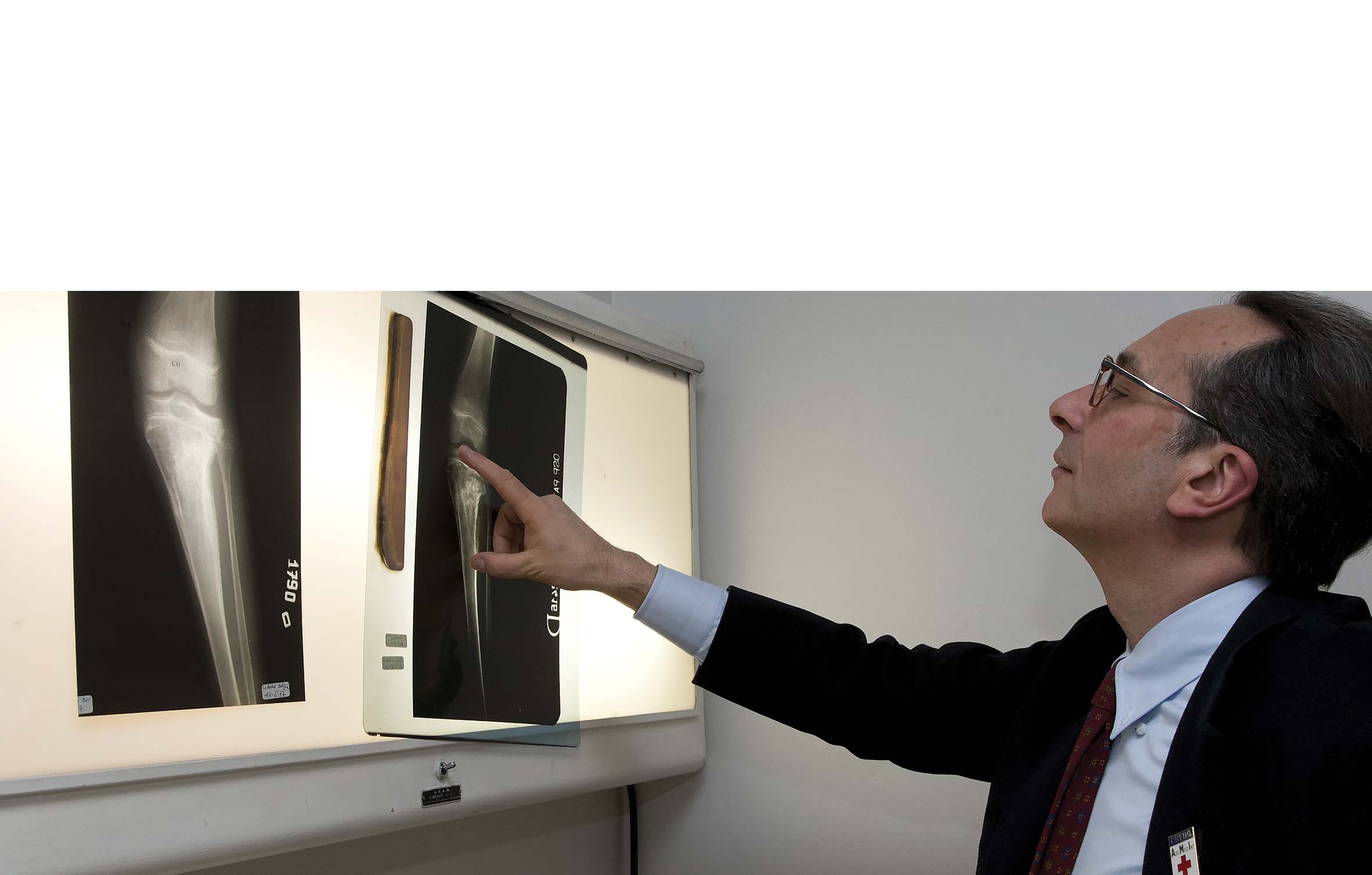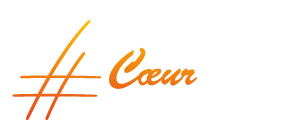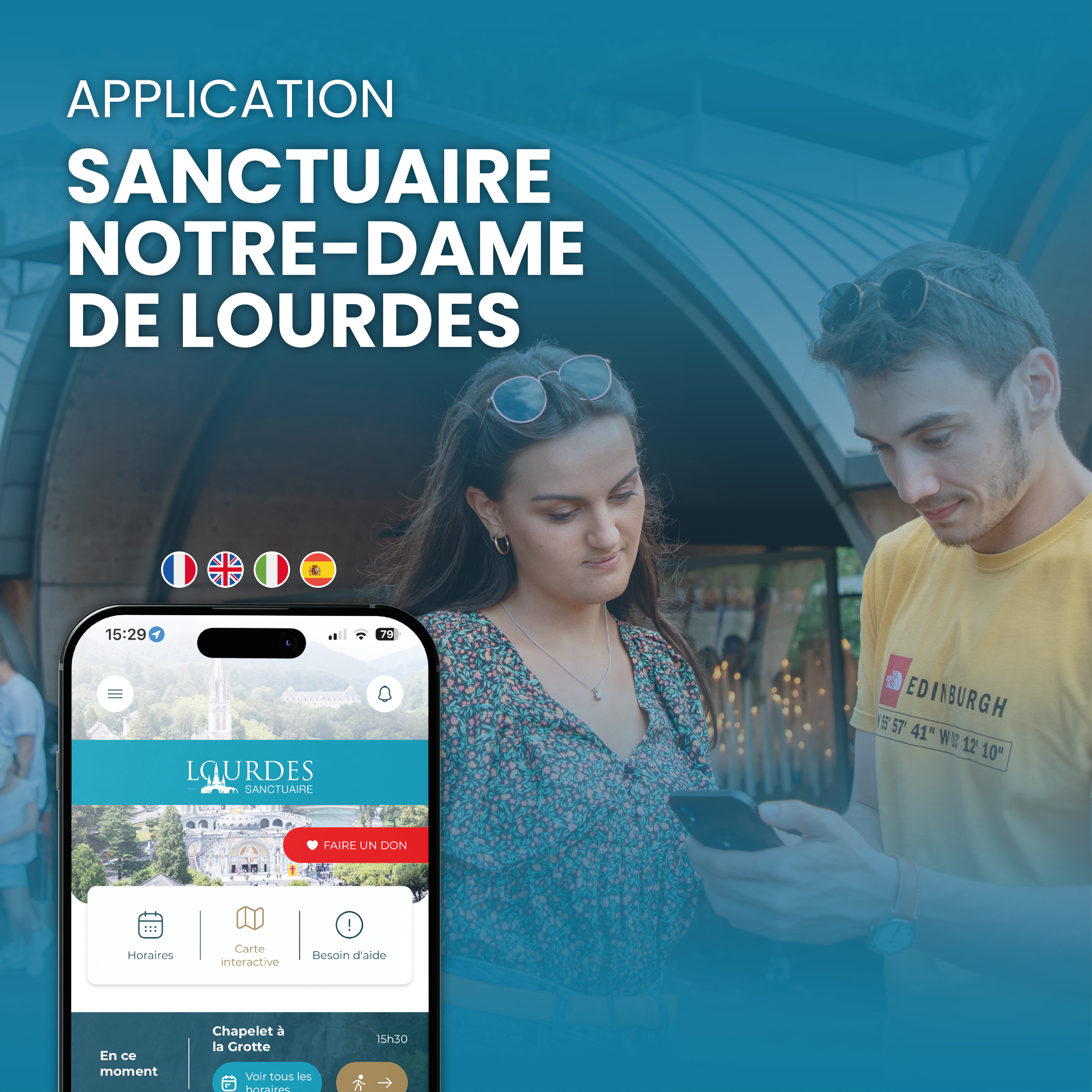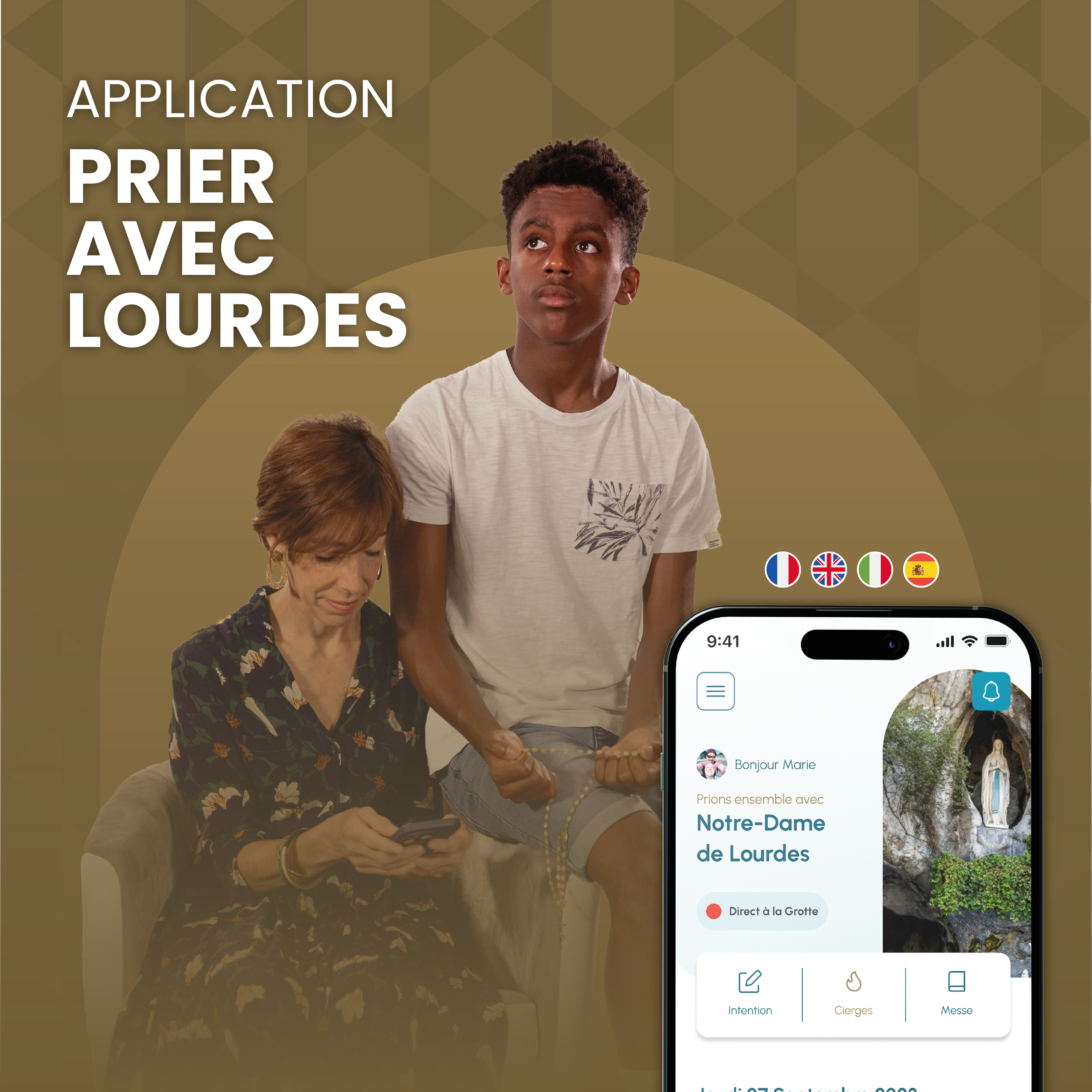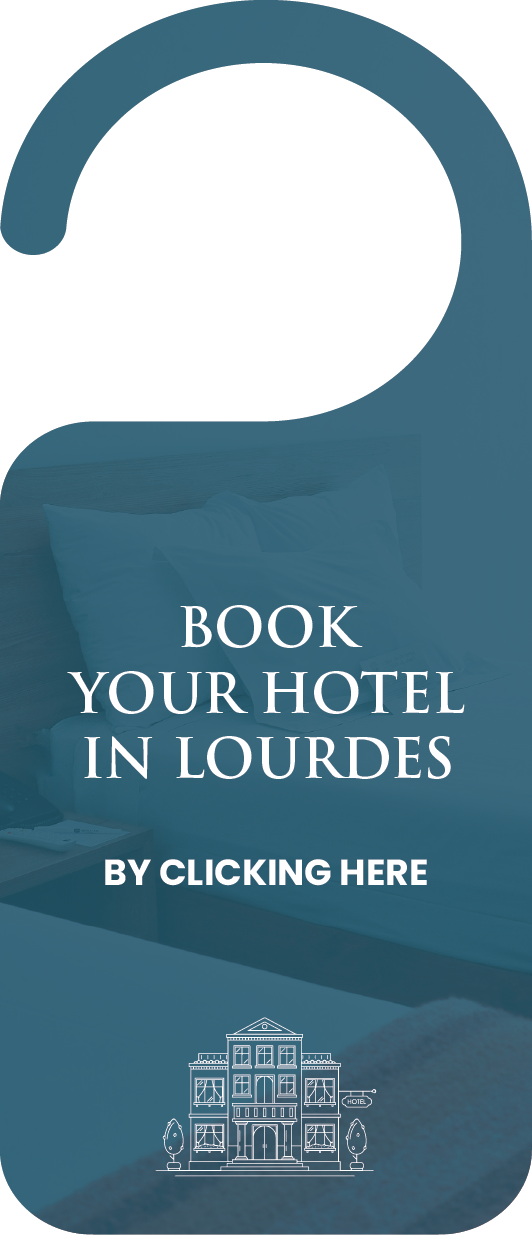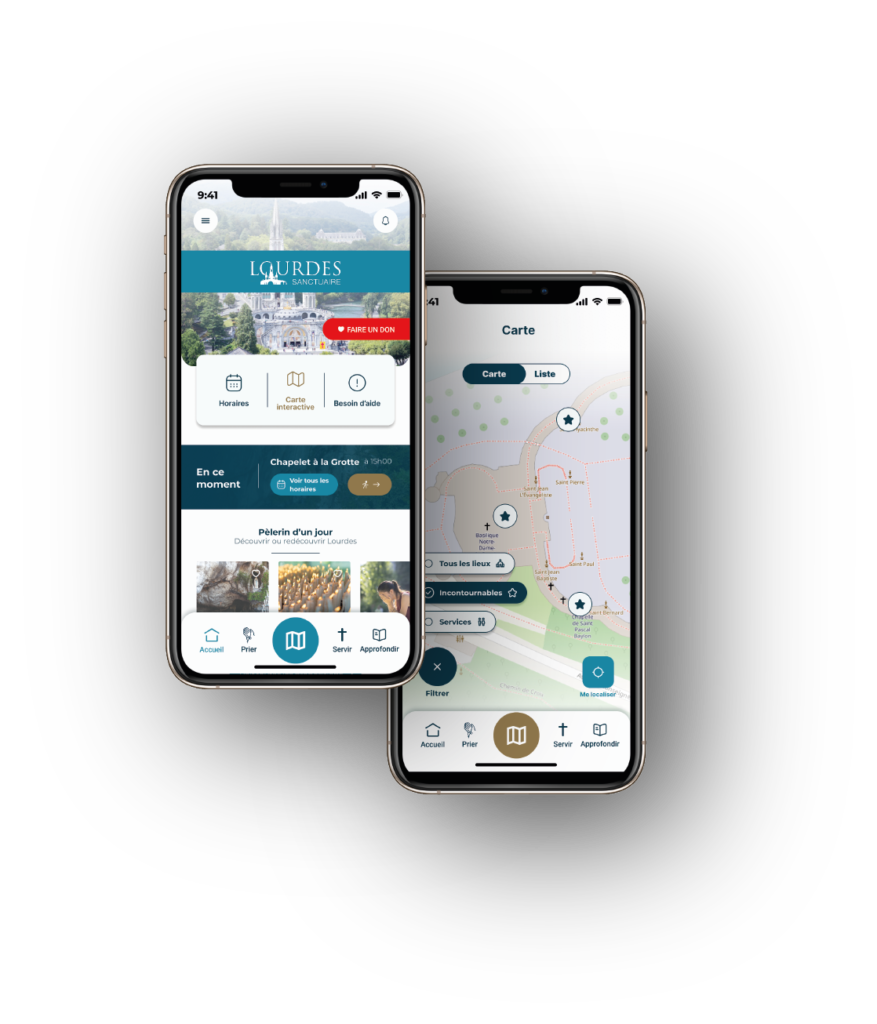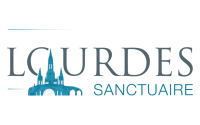CONTACT
Office of Medical Observations Sanctuary of Lourdes
Sanctuary Our Lady of Lourdes
65108 Lourdes Cedex France
Tél. : + 00 33 (0)5 62 42 79 08
History
- reliability of the seer
- spiritual fruits
- cures of the body.
At the request of Father Rémi Sempé, Father of Garaison, first Rector of the Sanctuary, Dr Georges-Fernand Dunot de Saint-Maclou established the Bureau des Constatations Médicales in 1883, so that no one, who thought he had been “cured”, would leave Lourdes without having submitted the story of his cure to a rigorous and collegiate medical assessment. In this way, he turned his consultation activity, which he had been performing occasionally every summer since 1879, into a permanent activity.
The letter by the Archbishop of Cagliari, Mgr Vincenzo Gregorio Berchialla, dated 3 September 1886 and forwarded from Rome to Dr Dunot de Saint-Maclou, relates the assent of Pope Leo XIII to the Bureau’s rigorous procedures (1).
After Dr Dunot de Saint-Maclou’s death in 1891, it was the Bishop of Tarbes who appointed the new permanent doctor and thus President of the Bureau des Constatations: Dr Gustave Boissarie (1892).
In 1904, on the occasion of the celebrations for the 50th anniversary of the Dogma of the Immaculate Conception, Mgr François-Xavier Schoepfer, Bishop of Tarbes, travelled to Rome with an official delegation including Dr Boissarie.
During their stay, different issues were discussed with the Holy See in view of the celebration of the 50th anniversary of the Apparitions.
One year later (1905), the Holy See confirmed to the Bishop of Tarbes – in his capacity as Guardian of the Grotto – the right to use the procedures of the Bureau des Constatations Médicales to investigate any declared cures. This right is still valid today.
The term “Bureau des Constatations Médicales” has two meanings.
- In the first place, it means an office in the Sanctuary with permanent members, including a practising doctor who receives the declaration and starts a critical examination thereof. Italian-born Alessandro de Franciscis is the Bureau’s 15th President. He assumed this office in 2009.
- If the case appears to be serious, the physician convenes a “Bureau”, i.e. a meeting for “discussion of a clinical case”; all doctors and healthcare workers present in Lourdes at that time can attend the meeting, regardless of their religious belief.
Today, most of the doctors and healthcare professionals coming to Lourdes are members of the Association Médicale Internationale de Notre-Dame de Lourdes. On 6 September 1925, the Journal de la Grotte, the official organ of the Pilgrimage and of the Bureau des Constatations Médicales, announced the establishment of an “Association Médicale de Notre-Dame de Lourdes” at the suggestion of the Bishop of Tarbes, Mgr François-Xavier Schœpfer, and of Dr M. Petitpierre, interim President of the Bureau des Constatations Médicales. With the acronym AML, “an Association has been established among all Catholic doctors participating in Pilgrimages to Lourdes or directly interested in the Lourdes cures. The goal of this Association is to strengthen the relations among all these colleagues and thus facilitate the investigation of the ethos of Lourdes. (…) The existence of the Association will not produce any change in the way the Bureau des Constatations Médicales operates, which will remain open to all doctors wishing to participate, whether Catholic or not” (2).
Dr Auguste Vallet, President of the Bureau from 1927 to 1947, “shortly after his arrival took the initiative of … transforming the Association Médicale de Notre-Dame de Lourdes into an international body: it thus became the Association Médicale Internationale de Lourdes – better known under the acronym A.M.I.L. – in order to keep in touch all doctors from all continents wishing to maintain a lasting relationship with Lourdes after their visit to the Sanctuary. This development was compulsory for a very simple reason: It was (and, no doubt, it is) necessary that the qualifications the candidates may show or have in view of their admission and their explicit will be clearly known.
The creation of the new institution immediately required putting in place a Bulletin, a quarterly organ, the first issue of which was published in February 1928 and the publication of which was basically never discontinued since”(3).
The AMIL comprises: APIL (International Pharmacists’ Association of Notre Dame de Lourdes, established in 1935), ADIL (International Dentists’ Association of Notre Dame de Lourdes, established in 1991), AILACS (International Healthcare Workers Association of Notre Dame de Lourdes, established in 1993), and AIIL (International Nurses’ Association of Notre Dame de Lourdes, established in 2014). The sitting President of the Bureau des Constatations Médicales is also the President of the AMIL, the headquarters of which are located at the Bureau des Constatations Médicales.
A Lourdes Medical Committee was set up in 1947 by Mgr Pierre-Marie Théas, Bishop of Tarbes and Lourdes, and by Dr François Leuret, President of the Bureau des Constatations, coopting doctors and professors with excellent reputation in their respective work areas. In 1954, the Bishop wanted this Committee to acquire an international dimension. The members of the International Medical Committee of Lourdes have the task of assessing and, as may be the case, “certifying” that the course of the cure, which has been declared “unexplained” by the Bureau des Constatations Médicales of Lourdes, is indeed “unexplained” on the basis of current medical knowledge” (4).
The International Medical Committee of Lourdes (CMIL) has about thirty members. At the moment, it is jointly presided by the Apostolic Delegate, Msgr Antoine Hérouard, and by one of its members, Prof Olivier Jonquet, appointed by the Bishop for a renewable mandate. The President of the Bureau des Constatations Médicales is the Secretary of the Committee.
(1) Brustolon A., Georges-Fernand Dunot de Saint-Maclou – Il Dottore della Grotta © 2014 Editrice Velar, Gorle (BG), pages 443-452
(2) Journal de la Grotte, Lourdes, Sunday 6 September 1925, pages 1 and 3
(3) Docteur Théodore Mangiapan, Guérisons de Lourdes – Étude historique et critique depuis l’origine jusqu’en 1990 © 2010 NDL Editions, Lourdes, (Nouvelle Edition), page 194
(4) Mgr Jacques Perrier, Expliquez-moi les Miracles © 2011 NDL Editions, Lourdes, page 70


